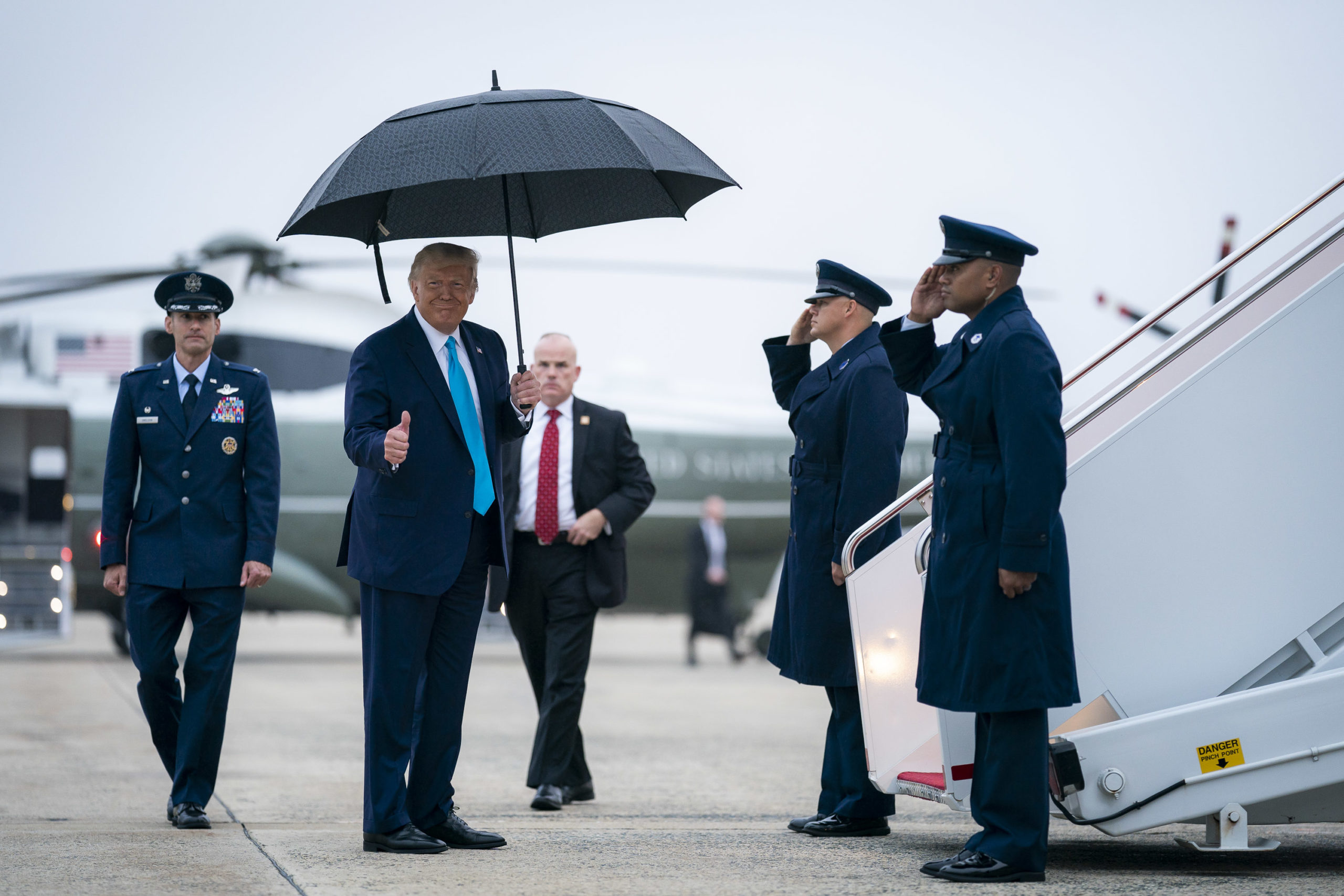Trump’s foreign policy chaos might work out
In the first year of Trump’s presidency, references to norms proliferated. Noted foreign policy analysts trumpeted respect for norms as a hitherto rarely noted signature of U.S. policy. Disregarding norms offered evidence of defective statecraft. Trump was a norm-buster par excellence.
In many respects, Trump is worse than a bad president. Time and again, he has proven himself to be an abysmal one – but not because he disdains norms.
In fact, pre-Trump U.S. adherence to international norms was never better than spotty. We can’t blame Trump for Washington’s refusal to resolve disputes by “conciliation, arbitration, judicial settlement … or other peaceful means,” as the Charter of the United Nations requires. Nor is Trump to be held accountable for our noncompliance with the Nuclear Nonproliferation Treaty, which obligates signatories to “facilitate the cessation of the manufacture of nuclear weapons, the liquidation of all their existing stockpiles, and the elimination from national arsenals of nuclear weapons.” And we certainly can’t tag Trump with responsibility for U.S. refusal to sign or ratify norm-setting international agreements such as the Law of the Sea (1991), the Comprehensive Test Ban Treaty (1996), the Ottawa Treaty (1997) banning anti-personnel mines, and the Convention on Cluster Munitions (2008).
All the hand-wringing about Trump’s disregard for norms is a dodge. It’s an excuse to avoid confronting what his election in 2016 actually signifies, and one particular implication stands out: Trump won votes by promising to repudiate the post-Cold War approach to foreign policy. That approach promised peace, prosperity and perpetual American primacy; it delivered war, division and American decline.
Read the full article in The Albuquerque Journal.
